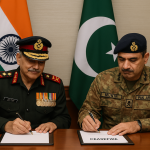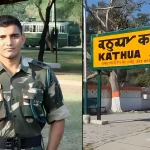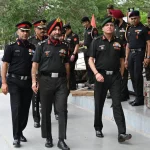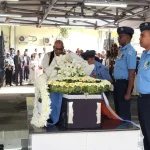A brief ceasefire understanding between India and Pakistan, reached on Saturday after four days of escalating hostilities, appeared to collapse within hours as Pakistan launched drone attacks on Indian cities, prompting a sharp response from New Delhi.
The ceasefire agreement, confirmed by both countries’ Directors General of Military Operations (DGMO), was supposed to halt all military actions across land, air, and sea from 5 PM IST Saturday. The move came after intense cross-border strikes and counterstrikes that began following a deadly terror attack in Pahalgam, Jammu & Kashmir, on April 22, which claimed 26 lives, mostly tourists.
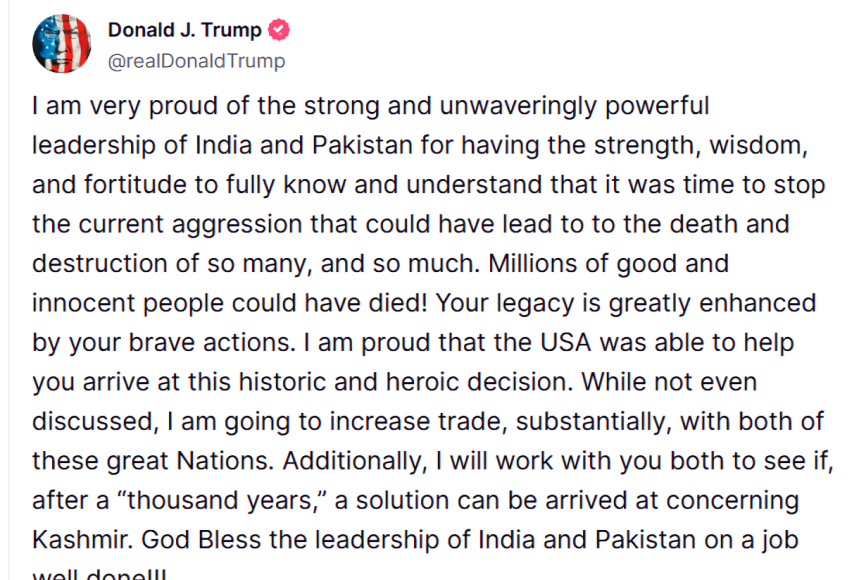
While the agreement was reached through direct communication between the two DGMOs, former US President Donald Trump took to his social media platform, Truth Social, to applaud what he described as US-mediated peace. He praised the “brave” leadership of both nations and claimed that “millions of good and innocent people could have died” had the fighting continued. Trump further announced plans to increase trade with both India and Pakistan and expressed a desire to work toward a resolution of the long-standing Kashmir dispute.
“I am proud that the USA was able to help you arrive at this historic and heroic decision,” Trump wrote. “I will work with you both to see if, after a ‘thousand years’, a solution can be arrived at concerning Kashmir.”
However, the optimism was short-lived. Hours after the agreement, India reported that Pakistani drones had targeted civilian areas, violating the ceasefire. In response, Indian forces mounted an “adequate and appropriate” retaliation. Foreign Secretary Vikram Misri condemned the breach and urged Pakistan to show “seriousness and responsibility.”
“For the last few hours, there have been repeated violations of the understanding reached earlier,” Misri said, warning that India’s patience should not be mistaken for weakness.
The renewed conflict comes just days after India conducted “Operation Sindoor”, targeting terrorist hideouts in Pakistan and Pakistan-occupied Kashmir. Among those reportedly killed were several close aides and family members of Jaish-e-Mohammed chief Masood Azhar.
As diplomatic and military tensions remain high, the future of peace between the nuclear-armed neighbors remains uncertain, despite global calls for restraint.









